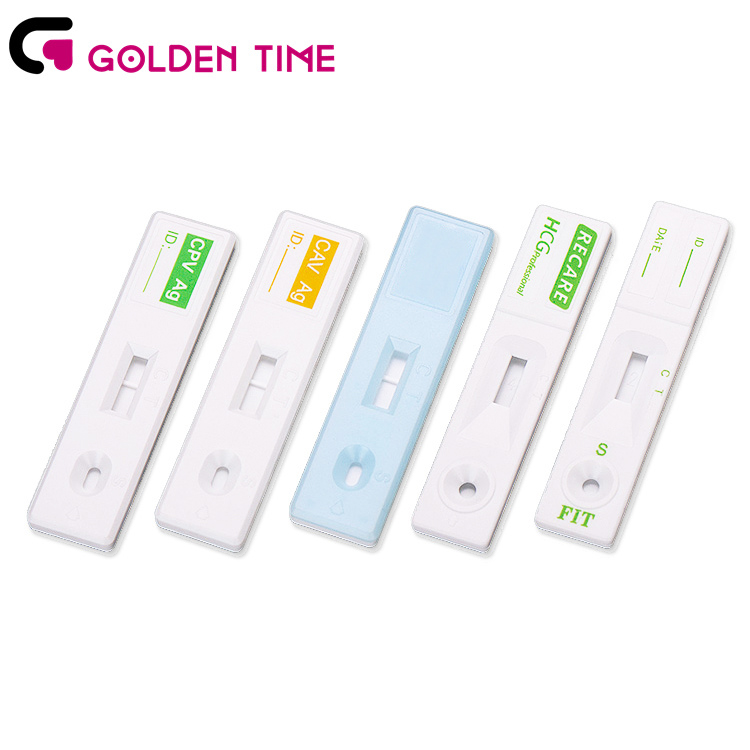Sep . 23, 2024 03:40 Back to list
wholesale price of dengue test suppliers
The Wholesale Price of Dengue Test Suppliers An Overview
Dengue fever, a mosquito-borne illness caused by the dengue virus, has become a significant global health concern, particularly in tropical and subtropical regions. With the increasing incidence of dengue outbreaks worldwide, the demand for rapid and accurate diagnostic tests has surged. As a result, understanding the wholesale prices of dengue test supplies has become crucial for health institutions, governments, and suppliers alike.
One of the primary factors that influence the wholesale price of dengue tests is the type of test being offered. The most common types are serological tests, which detect antibodies, and molecular tests, which identify the presence of viral RNA. Serological tests are often cheaper, easily administered, and can yield results within hours. In contrast, molecular tests, such as PCR, tend to be more expensive due to their higher accuracy and the technology involved in their execution. The wholesale price of these tests can vary significantly depending on the manufacturer, the production scale, and the technology used.
The geographic location of suppliers also plays a crucial role in determining the wholesale prices of dengue tests. Regions that experience frequent dengue outbreaks and have a robust medical infrastructure typically have more suppliers, leading to more competitive pricing. Conversely, areas with limited access to healthcare resources may see higher prices due to scarcity and transportation costs. It’s essential for countries with endemic dengue fever to develop strong supply chains and foster partnerships with reliable suppliers to ensure accessibility and affordability of diagnostic tests.
wholesale price of dengue test suppliers

The regulations and certification requirements for dengue test kits also affect wholesale pricing. In many countries, test kits must be approved by health regulatory bodies to ensure quality and effectiveness. Obtaining these approvals can be time-consuming and costly for manufacturers, influencing the final wholesale price for healthcare providers. Additionally, suppliers must keep abreast of international guidelines and standards when producing and marketing their tests, further impacting production costs and pricing strategies.
Another factor to consider is the impact of public health initiatives on pricing. Many governments and NGOs support programs to provide affordable healthcare, including diagnostic testing for diseases like dengue. These initiatives can lead to subsidized pricing for test kits, making them more accessible to healthcare facilities, especially in low-income regions. However, this may result in a price variance between suppliers, as those who participate in such programs often have different pricing structures compared to independent suppliers.
Finally, it is essential to recognize the role of global market trends in shaping the wholesale prices of dengue tests. The COVID-19 pandemic has changed the landscape of healthcare procurement and supply chain dynamics, affecting everything from production costs to the availability of raw materials. As the world grapples with various health crises, the focus on robust diagnostic solutions becomes even more critical, benefitting from innovations and advancements in diagnostic technologies.
In conclusion, the wholesale prices of dengue test suppliers are influenced by various interrelated factors, including the type of tests, geographic location, regulatory requirements, public health initiatives, and global market dynamics. For stakeholders in the healthcare industry, understanding these factors is vital for ensuring timely and cost-effective access to dengue testing, ultimately leading to better disease management and control.
-
Malaria Pf Ag Rapid Test Kit - Quick & Accurate Detection
NewsAug.11,2025
-
Accurate Cardiac Marker CK-MB Rapid Test for Quick Results
NewsAug.10,2025
-
Premium Empty ABS Plastic Cassette for Test Strips
NewsAug.09,2025
-
Sterile Urine Cup: Accurate Specimen Collection for Labs & Home
NewsAug.08,2025
-
Malaria Pf/Pan Ag Rapid Test Kit for Fast, Accurate Diagnosis
NewsAug.07,2025
-
Rapid Canine Corona Test: Fast & Accurate Results
NewsAug.06,2025

